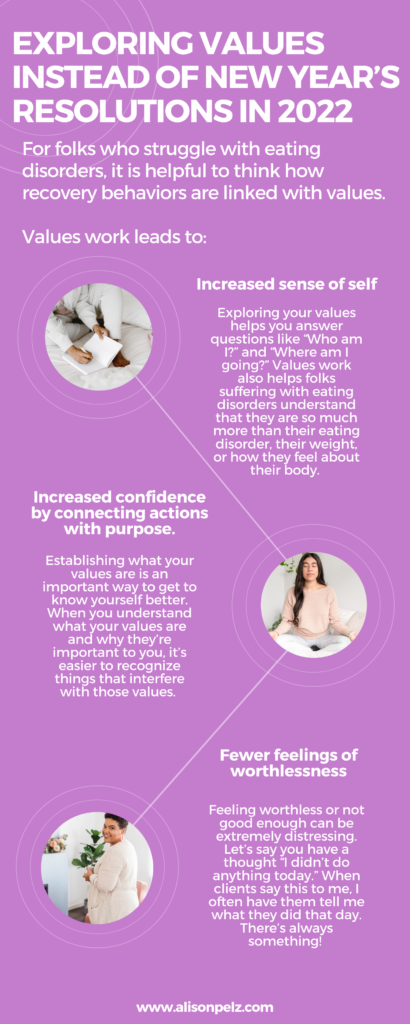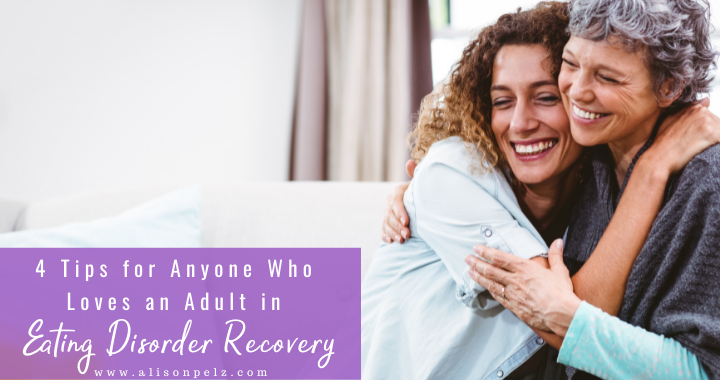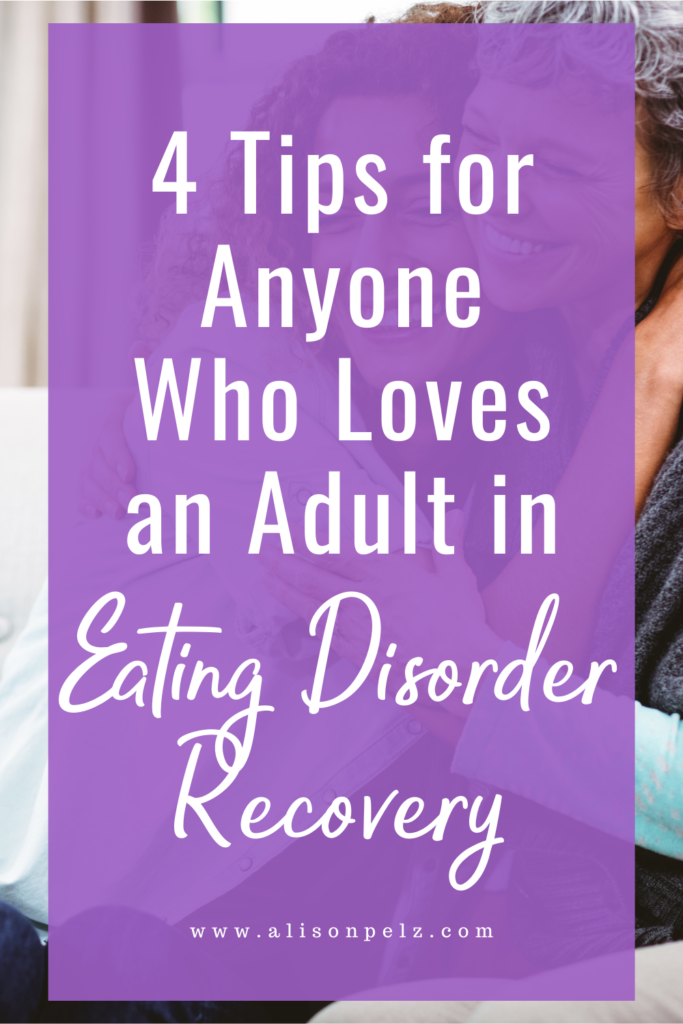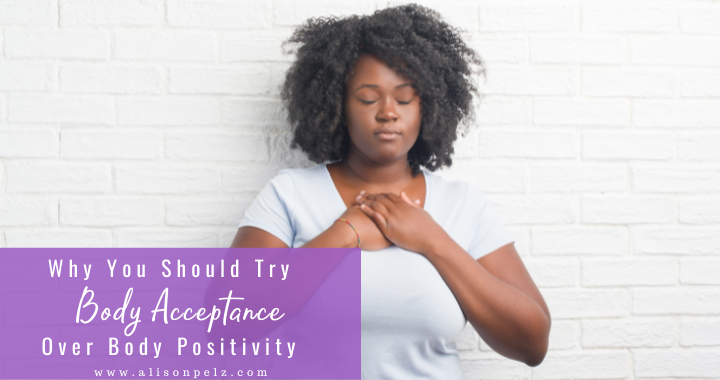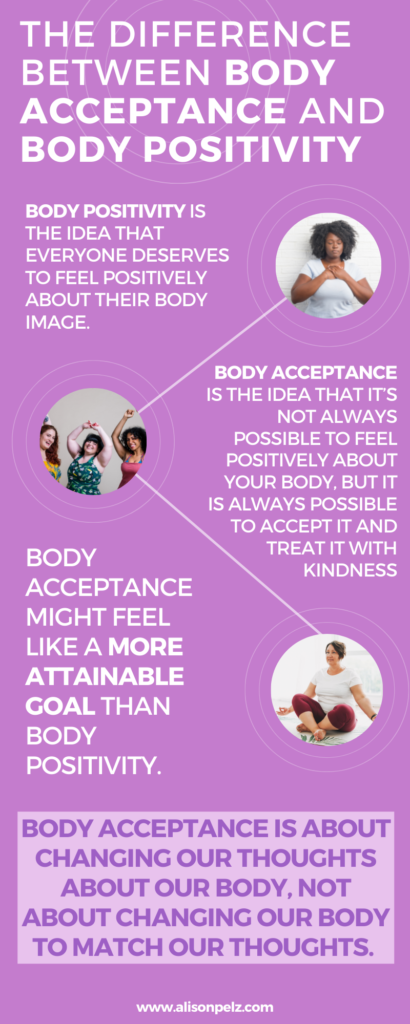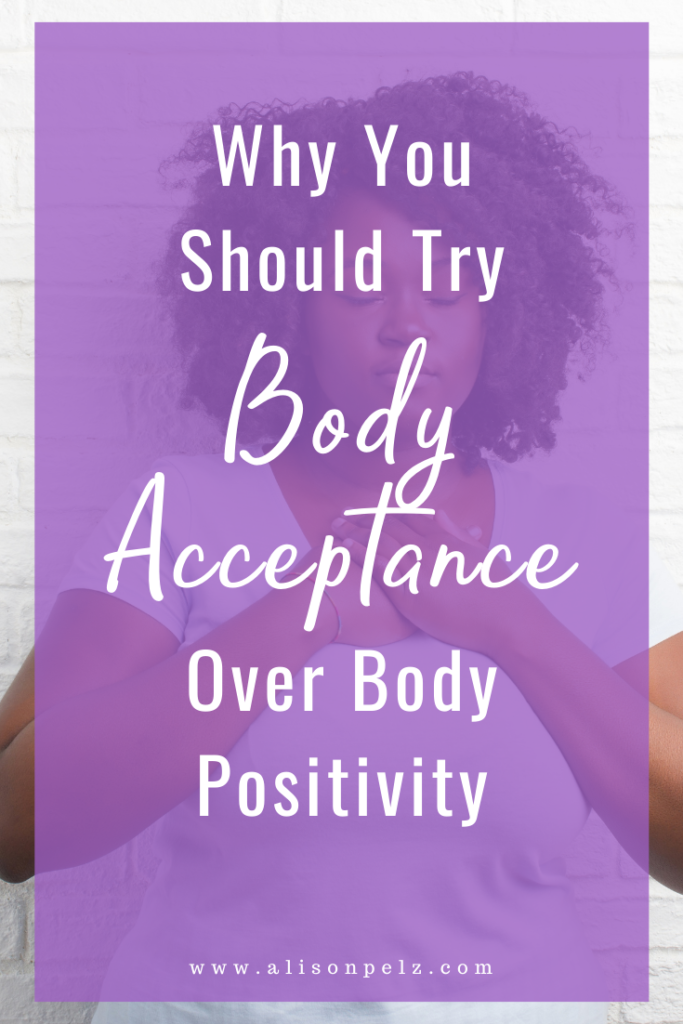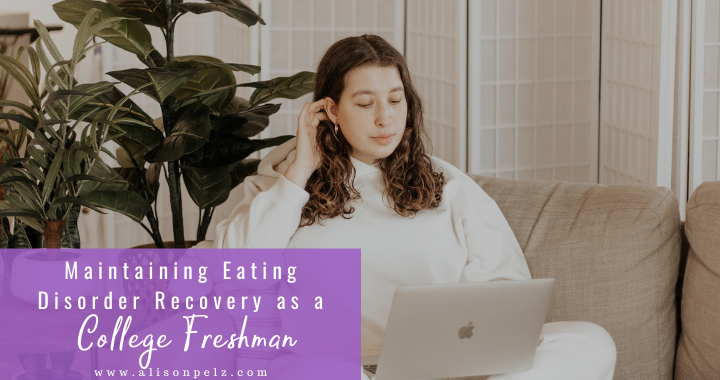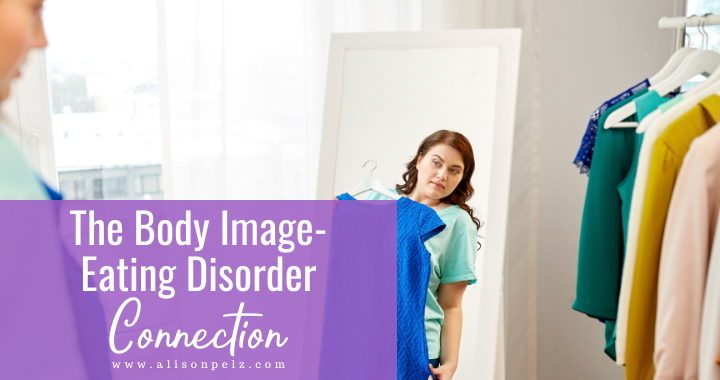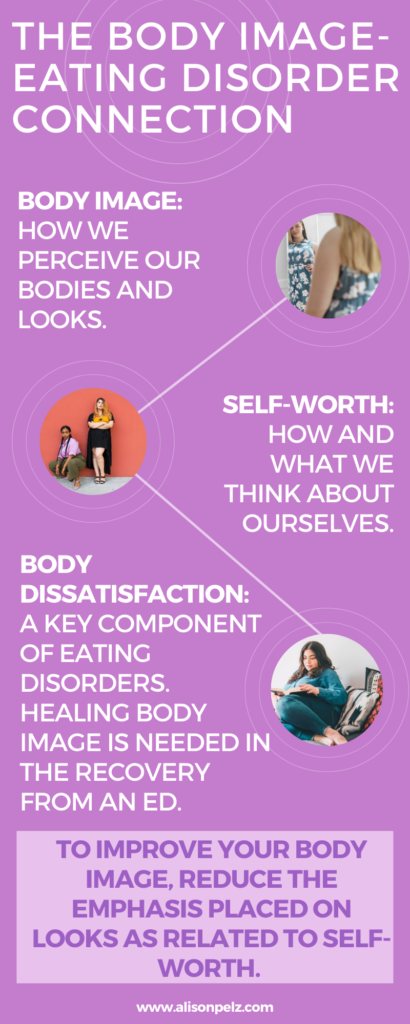How do you feel about New Year’s Resolutions? The new year often feels like the perfect time to implement changes, and the constant flood of “New Year New You” marketing definitely adds to the pressure to shake things up each January. Unfortunately, a lot of that marketing is heavily influenced by diet culture. Instead of making a New Year’s Resolution in 2022, try exploring your values instead.
Diet culture, or a cultural belief that values thinness over physical and emotional health, absolutely reinforces resolutions that are focused on weight, food, or exercise.
New Year’s Resolutions focused on food, weight and exercise can wreak havoc, even when they’re well intentioned. 1 in 4 dieters will go on to develop an eating disorder, so a new year’s resolution to lose weight can spiral out of control no matter what intentions are behind it. Remember, dieters themselves are never the problem – the problem is that diets don’t work.
Values are something many therapists explore with clients. Values are the cornerstone of Acceptance and Commitment Therapy, or ACT. ACT “teaches mindfulness skills to help individuals live and behave in ways consistent with personal values while developing psychological flexibility.” Values are fundamental beliefs that guide our attitudes and our actions.
You might be wondering how values and goals differ.
Values are different from goals because goals are something that you achieve and can check off.
Values, unlike goals, don’t have an end. They’re a part of your basic belief system about the world and your role in it. Values may shift over time, but they are often long-term.
For example, a goal could be “I want to travel to all 50 states”. In contrast, the value in this case could be “travel”. Booking a trip lets you meet your goal and uphold your value. As they say in ACT, you are participating in a value-driven behavior by booking the trip.
I find using values work is helpful for clients with eating disorders for several reasons. Values work leads to:
Increased sense of self
Exploring your values helps you answer questions like “Who am I?” and “Where am I going?” Values work also helps folks suffering with eating disorders understand that they are so much more than their eating disorder, their weight, or how they feel about their body.
When you’re doing values work, it helps to come from a place of abundance versus a place of scarcity. So often, people don’t feel like they are enough or they’re doing enough. In contrast, coming from a place of abundance helps you to recognize that you are enough just as you are, and that you are doing your best.
It’s kind of like looking at the glass half-full instead of half-empty. Instead of assuming the worst about yourself, work on assuming the best.
Increased confidence by connecting actions with purpose.
Establishing what your values are is an important way to get to know yourself better. When you understand what your values are and why they’re important to you, it’s easier to recognize things that interfere with those values.
Values work can help those with eating disorders recognize that their eating disorder interferes with many of their values. This can often serve as a motivator for recovery.
Fewer feelings of worthlessness.
Feeling worthless or not good enough can be extremely distressing. Let’s say you have a thought “I didn’t do anything today.” When clients say this to me, I often have them tell me what they did that day. There’s always something!
For example, maybe they texted a friend, called their mom, went to work, paid a bill and went to the grocery store to pick up some items for dinner to cook for their family.
These everyday tasks or activities most likely reinforce their values:
- Texting a friend is connected with the value of relationships and caring
- Calling their mom connected with the value of family and caring
- Went to work and paid a bill connected with a value of financial health and reliability
- Going to the grocery store is connected with health and family.
Are you stumped on what values are important to you? Here are a few examples of values to consider:
- Health
- Financial wellbeing
- Recreation
- Personal growth
- Family
- Relationships
- Spirituality
- Community
- Social justice
- Honesty
- Reliable
- Caring
- Fun
- Kindness
- Authenticity
- Learning
- Stability
For folks who struggle with eating disorders, it is helpful to think how recovery behaviors are linked with values.
So if you value health and have an eating disorder…it might feel uncomfortable to hold both of those at the same time. Acting in a way that is aligned with your values can be a powerful motivator for recovery.
For example, if you think you may have an eating disorder and you value health, merely reading this post is a value-driven behavior (a behavior that upholds your values). Or let’s say you are in treatment for your eating disorder. When you attend treatment appointments you are behaving in a value-driven way.

